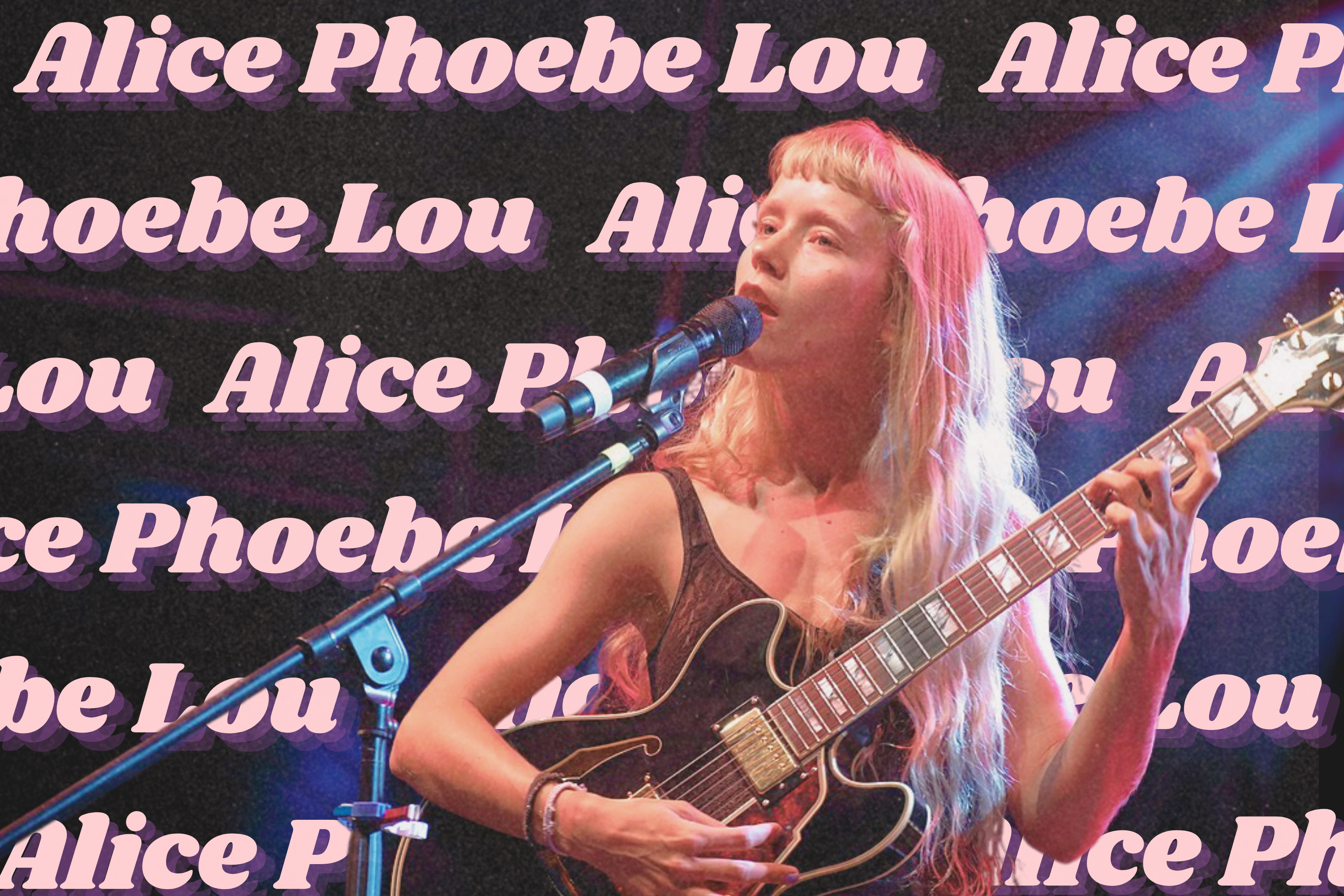Final Girls Film Club champions women in horror by hosting monthly screenings of iconic ‘final girl’ films, sparking discussion and building community

By Lucy Kebirungi
In a genre often dominated by male perspectives, the Final Girls Film Club is flipping the script by highlighting female characters who’ve shaped horror films. Through monthly screenings of iconic ‘final girl’ films, founders Maggie Turner and Madison Charteris celebrate the strength and complexity of women in horror, inviting fans to connect, discuss and explore the evolving roles of female characters in the genre.
For Turner and Charteris, the final girl trope always seemed “badass” — she’s the lone survivor, outlasting the killer. However, fully aware that the portrayal of the final girl in traditional horror often comes with strings attached, the two were intent on shifting the narrative and keeping the genre women-centred.
“On the surface, the concept of the final girl is exciting because it’s empowering to see a woman survive and tell the story,” Turner remarked in an interview. “But when we started looking closer, we noticed that the traditional final girl isn’t as bold as it sounds.”
The final girl’s survival is often conditional, shaped by a formulaic set of rules that reward her purity. She must be a virgin, stray from drugs and alcohol and avoid taking risks in general, while the other women are punished through an untimely death for breaking these societal norms.
As Turner puts it, “She needs the patriarchy’s approval to live.”
The club aims to reclaim and redefine this archetype by looking at it through a feminist lens, offering a space where women in horror can be celebrated for their complexity rather than constrained by outdated tropes.
The club’s mission challenges the traditional final girl archetype, drawing inspiration from Carol J. Clover’s essay, “Her Body, Himself: Gender in the Slasher Film,” which explores how the final girl’s survival is often rooted in rigid gender norms. Turner and Charteris reject the notion that women who defy these archetypes — the sexually active, rebellious or unconventional — deserve to die.
“What we’re trying to do now is show movies that don’t fit this tradition,” Charteris explained. By considering how horror intersects with various queer and racial identities, the club aims to showcase how identities challenge the traditional final girl narrative.
The club actively curates films that reflect diverse experiences, rejecting the Madonna-Whore complex permeating traditional horror — a trope that reduces women to either pure and virtuous or sexually liberated and, therefore, deserving of punishment. By showcasing stories that break away from this dichotomy, the Final Girls Film Club highlights how women of all backgrounds and identities can defy societal expectations and, in doing so, rewrite their narratives of survival.
When selecting films for their screenings, Turner and Charteris are thoughtful about tone and emotion. They focus on showcasing films where women’s survival isn’t dependent on the approval of the patriarchy. They also aren’t afraid to feature films that aren’t perfect “to create discussion that creates community.”
One of their best-received screenings was Quentin Tarantino’s Death Proof (2007), a choice that was sure to raise eyebrows given his films are often criticized for their male gaze.
“It was interesting because despite that, a lot of women in the audience connected with the film, especially the aspect of community among the female characters,” Charteris shared.
In addition to screenings, the Final Girls Film Club often hosts discussions and activities that encourage audience engagement. For their Jennifer’s Body (2009) screening, they set up a craft decorating activity with lighters to tie to the movie’s plot. Before they screen Carrie (1976) this Halloween, they’re planning to host a costume contest. After, there will be a club night led by DJ Venus in Foil.
As for the club’s demographic, it mainly attracts a diverse group of 18- to 40-year-olds, with a significant portion of the audience identifying as queer. Interestingly, they’ve also noticed a recurring number of male attendees.
“A lot of our regulars are men,” Turner shared, “and we’re happy about that. We want men to be part of the conversation.”
By inviting a wide range of voices into the space, they hope to foster a deeper understanding of how women are represented in horror and how those portrayals impact audiences of all genders.
Fostering an inclusive and welcoming space is a top priority for the Final Girls Film Club, especially considering horror’s historically male-dominated fanbase. The very name of the club sets the tone, signaling that it’s a safe and women-centered environment. They recognize that film culture can often feel pretentious, so they try to keep things approachable and fun.
Additionally, they made it a point to keep screening prices affordable to allow more community members to attend without feeling burdened.
“We try to keep ticket prices as low as possible because art should be accessible to everyone,” Charteris added.
The club has greatly impacted its members so far, as it has opened up new ways for people to think about women in horror. This is something Turner and Charteris are eager to see grow. They hope to further develop the club atmosphere with events like the Halloween party they will host on the 31st. Overall, this is a direction they’re excited to expand on, and the community they’ve built couldn’t agree more.






Leave a Reply